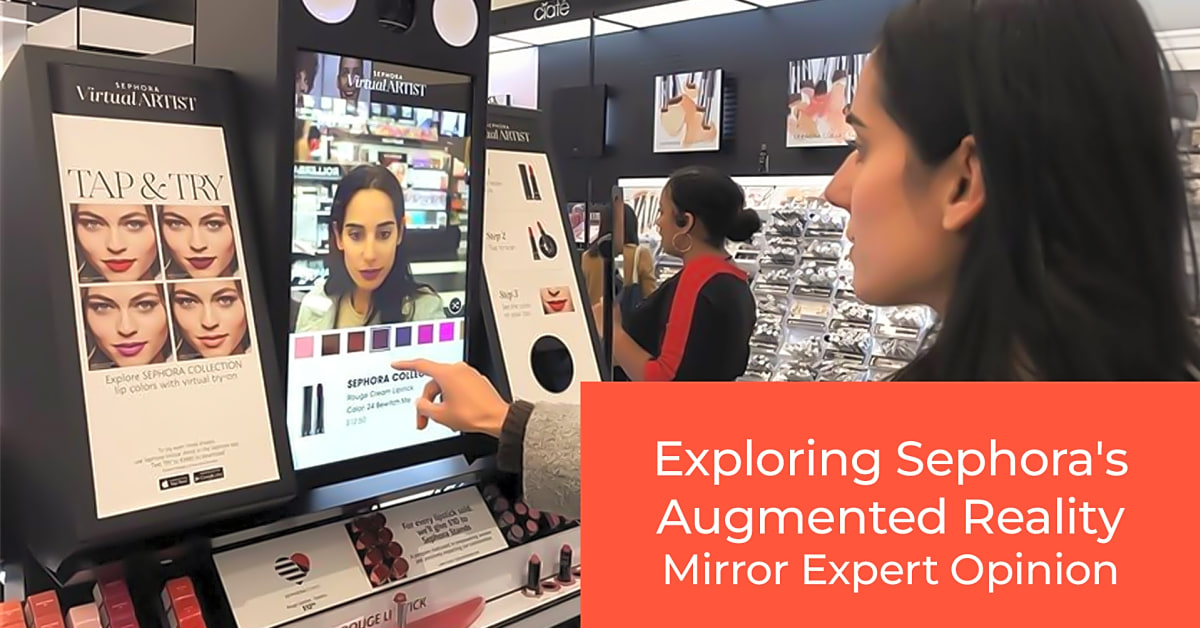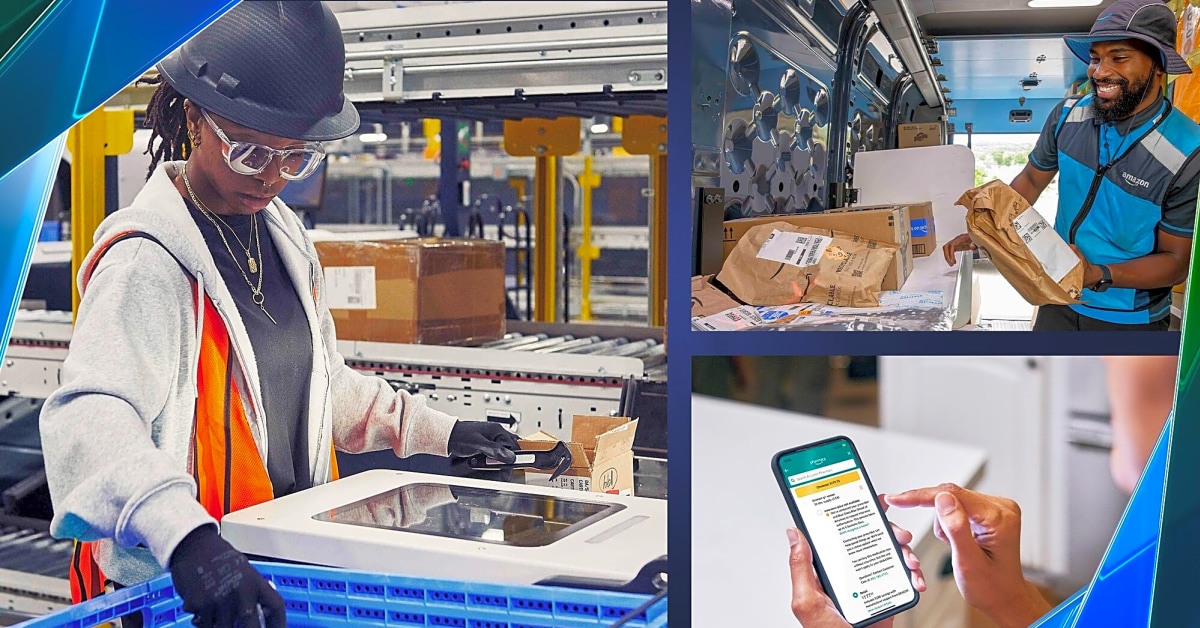In today’s fast-paced world, the use of artificial intelligence (AI) has become increasingly prevalent in various industries. One of the most notable examples is in digital marketing, where AI is revolutionizing the way businesses advertise and connect with customers.
One company that has been at the forefront of this innovation is Alibaba, the Chinese e-commerce giant. With its advanced AI technology, Alibaba has been able to create highly effective ad campaigns that have helped businesses increase their online presence and drive sales.
In this article, we will delve into Alibaba’s AI-driven ad campaigns and how they are reshaping the e-commerce industry. We will explore the success stories of businesses that have leveraged AI in their marketing strategies and examine the impact it has had on their bottom line. So, let’s dive in and discover how AI is transforming digital marketing for the better.
To fully understand the impact of Alibaba’s AI-driven ad campaigns, it’s important to first have a basic understanding of AI and its capabilities in marketing. Artificial intelligence refers to computer systems that can perform tasks that usually require human intelligence, such as decision making, problem-solving, and language translation. In marketing, AI is being used to analyze vast amounts of data and provide valuable insights for businesses to improve their strategies. This includes customer segmentation, predictive analytics, and personalized chatbot interactions.
Alibaba has utilized AI in various aspects of their digital marketing efforts. One notable example is their use of AI-powered product recommendations for customers. By analyzing customer behavior and purchase history, Alibaba’s algorithms are able to suggest products that customers are most likely to be interested in. This not only improves the shopping experience for customers but also increases sales for Alibaba.
Another successful implementation of AI by Alibaba is their use of chatbots for personalized marketing. These chatbots are able to engage with customers in real-time and provide personalized recommendations, discounts, and promotions based on their previous interactions and purchase history. This not only saves time and resources for Alibaba but also enhances the overall customer experience.
When it comes to customer segmentation, Alibaba’s AI capabilities have proven to be invaluable. By analyzing customer data, Alibaba is able to identify patterns and trends in behavior, preferences, and demographics. This allows them to target specific groups of customers with personalized marketing campaigns, increasing the chances of conversion and customer satisfaction.
Some may argue that relying too heavily on AI in marketing takes away the human touch and can lead to a lack of personalization. However, Alibaba has found a way to balance the use of AI with human interaction. They have a dedicated team of marketers who work alongside their AI systems to ensure that customer interactions are still genuine and personalized.
Overall, Alibaba’s AI-driven ad campaigns have proven to be highly successful in improving their digital marketing efforts. By utilizing AI and machine learning, they have been able to enhance customer experiences, increase sales, and stay ahead of the competition.
Real-World Examples of Alibaba’s AI Implementations
Alibaba has been a pioneer in incorporating AI into their digital marketing strategies, and their success speaks for itself. Let’s take a closer look at some real-world examples of how Alibaba has implemented AI to boost their marketing efforts.
Product Recommendations: One of the most effective ways Alibaba has utilized AI is through personalized product recommendations. By analyzing user data and behavior, their algorithms are able to suggest products that are most relevant to each individual customer. This not only improves the customer experience, but also increases the chances of a sale.
Smart Advertising: Alibaba’s AI-powered ad campaigns are able to target specific audiences with personalized ads based on their interests, browsing history, and purchase behavior. This not only makes the ads more effective, but also reduces wasted ad spend by reaching the right audience.
Chatbots: Alibaba has also integrated AI chatbots into their customer service process. These chatbots are able to handle a high volume of inquiries and provide quick and accurate responses, improving customer satisfaction and reducing response times.
These are just a few examples of how Alibaba is using AI to enhance their digital marketing strategies. By leveraging the power of AI, they are able to provide a more personalized and efficient experience for their customers, ultimately driving sales and boosting their overall marketing efforts.
The Power of AI in Marketing
In recent years, artificial intelligence (AI) has revolutionized the marketing industry. With its ability to analyze vast amounts of data and make predictions, AI has become a powerful tool for businesses looking to improve their marketing strategies.
One of the major advantages of AI in marketing is its ability to gather and analyze data in real-time. This allows businesses to gain a deeper understanding of their target audience, their preferences, and buying behaviors. With this valuable information, companies can create more personalized and targeted campaigns, resulting in higher conversion rates and ROI.
AI also enables companies to automate certain tasks, such as ad targeting and optimization, freeing up time for marketers to focus on more creative and strategic efforts. This not only improves efficiency but also allows for more accurate and effective campaigns.
Moreover, AI can help businesses stay ahead of the competition by identifying trends and making predictions about future consumer behavior. This allows companies to make data-driven decisions and adjust their marketing strategies accordingly.
Overall, the power of AI in marketing is undeniable. It provides businesses with valuable insights, automation capabilities, and a competitive edge in the ever-evolving digital landscape. As more companies embrace AI, we can expect to see even more innovative and successful marketing campaigns in the future.
Balancing AI with Human Interaction
While AI technology has revolutionized the way companies approach marketing, it’s important to not lose sight of the human element. Alibaba understands the importance of maintaining a personal touch in their marketing efforts, even while relying on AI-driven ad campaigns.
One way Alibaba achieves this balance is by using AI to personalize their marketing messages and recommendations for each individual customer. By analyzing data such as purchase history and browsing behavior, Alibaba’s AI algorithms can tailor ads and product suggestions that are more likely to resonate with each customer.
But Alibaba also recognizes the value of human interaction in the customer journey. This is why they have implemented features like live chat and customer service support to provide a more personalized experience for their customers. This human touch helps to build trust and loyalty, making customers more likely to engage with Alibaba’s marketing efforts.
In addition, Alibaba incorporates user-generated content and social media influencers into their marketing strategy. This allows for a more authentic and relatable approach, as customers are more likely to trust recommendations from real people rather than just advertisements generated by AI.
By balancing AI with human interaction, Alibaba is able to enhance their digital marketing efforts while still maintaining a personal touch. This combination of technology and human connection has proven to be successful for Alibaba, as they continue to dominate the e-commerce industry and attract a loyal customer base.
The Future of AI in Marketing
As AI continues to make its way into the e-commerce industry, the future of AI in marketing looks incredibly promising. With the vast amount of data available to e-commerce companies, AI has the potential to revolutionize how businesses reach and engage with consumers.
One area where we can expect to see significant advancements in AI for marketing is in personalization. With the help of AI, companies like Alibaba can gather and analyze data from customers’ online behavior to create highly targeted and personalized ad campaigns. This not only increases the effectiveness of marketing efforts but also improves the overall customer experience.
Furthermore, as AI technology continues to evolve, we can expect to see more sophisticated algorithms that can predict consumer behavior and preferences. This will allow companies to tailor their marketing strategies even further, making them more relevant and appealing to their target audience.
Another potential development in AI for marketing is the use of chatbots and virtual assistants. These AI-powered tools have already made their way into e-commerce websites and are helping businesses provide better customer service and support. In the future, we can expect to see even more advanced chatbots that can handle more complex tasks, such as recommending products or providing personalized recommendations based on a customer’s purchase history.
In conclusion, the future of AI in marketing holds great potential for the e-commerce industry. With advancements in personalization, predictive analytics, and the use of chatbots, companies like Alibaba are paving the way for a more efficient and effective way of reaching consumers. As technology continues to advance, we can only imagine what other exciting possibilities AI will bring to the world of digital marketing.
Real-World Examples of Alibaba’s AI Implementations
Alibaba has been utilizing AI in their digital marketing strategies to stay ahead of the curve and boost their advertising efforts. Let’s take a closer look at some real-world examples of how they have successfully implemented AI in their campaigns.
One of the key ways Alibaba has incorporated AI in their marketing is through personalized product recommendations. By using AI algorithms to analyze user data, Alibaba is able to suggest products that are most relevant to each individual customer. This not only improves the overall shopping experience for customers, but also increases the likelihood of making a sale.
Another example is their use of AI-powered chatbots. These virtual assistants are available 24/7 to assist customers with their queries and provide personalized recommendations. This not only saves time for both customers and Alibaba’s customer service team, but also allows for a more personalized and efficient shopping experience.
Additionally, Alibaba has implemented AI in their ad targeting process. By analyzing consumer behavior and interests, they are able to target their ads to the most relevant audience, increasing the chances of conversion.
These are just a few examples of how Alibaba is utilizing AI in their digital marketing strategies. By continuously incorporating AI into their campaigns, they are able to stay ahead of the competition and provide a seamless and personalized shopping experience for their customers.
Real-World Examples of Alibaba’s AI Implementations
In recent years, Alibaba has been incorporating AI into their digital marketing strategies to stay ahead of the competition. With the help of machine learning and advanced algorithms, Alibaba has been able to achieve impressive results in their advertising campaigns. Let’s take a look at some real-world examples of how Alibaba is using AI in their marketing efforts.
Product Recommendations
One of the ways Alibaba is using AI is through personalized product recommendations. By analyzing user behavior and preferences, AI algorithms can suggest products that are most likely to be of interest to the individual. This not only improves the customer experience but also leads to increased sales for the company.
Targeted Advertising
Another example of Alibaba’s AI implementations is in targeted advertising. By leveraging data on consumer demographics, interests, and behaviors, AI can help create more effective and personalized ads. This not only increases the chances of conversion but also reduces ad spend by targeting the right audience.
Predictive Analytics
Alibaba also uses AI for predictive analytics, where algorithms analyze past data to make future predictions. This helps the company make informed decisions about product development, pricing, and marketing strategies. By understanding consumer behavior and trends, Alibaba can stay ahead of the competition and make strategic business moves.
The Power of AI in Marketing
In the fast-paced and competitive world of digital marketing, incorporating AI technology can give businesses a significant edge. By leveraging AI capabilities such as customer segmentation, predictive analytics, and personalized interactions, companies like Alibaba are able to reach their target audience more effectively and drive better results.
Real-World Examples of Alibaba’s AI Implementations
Alibaba’s success with AI-driven ad campaigns is a testament to the power of this technology in marketing. By utilizing AI to analyze vast amounts of data and make data-driven decisions, Alibaba has been able to see tangible results in their marketing efforts. From personalized product recommendations to targeted ads, Alibaba has successfully implemented AI in various aspects of their marketing strategy.
Balancing AI with Human Interaction
While AI can greatly enhance marketing efforts, it’s important to find a balance between technology and human interaction. Alibaba understands this and has found ways to integrate human touchpoints into their AI-driven campaigns, creating a more personalized and humanized experience for their customers.
The Future of AI in Marketing
As technology continues to advance, we can expect to see even more innovative uses of AI in the e-commerce industry. From chatbots to virtual assistants, the potential for AI in marketing is endless. Companies that embrace this technology and find ways to integrate it into their strategies will likely see continued success and stay ahead of the competition.


